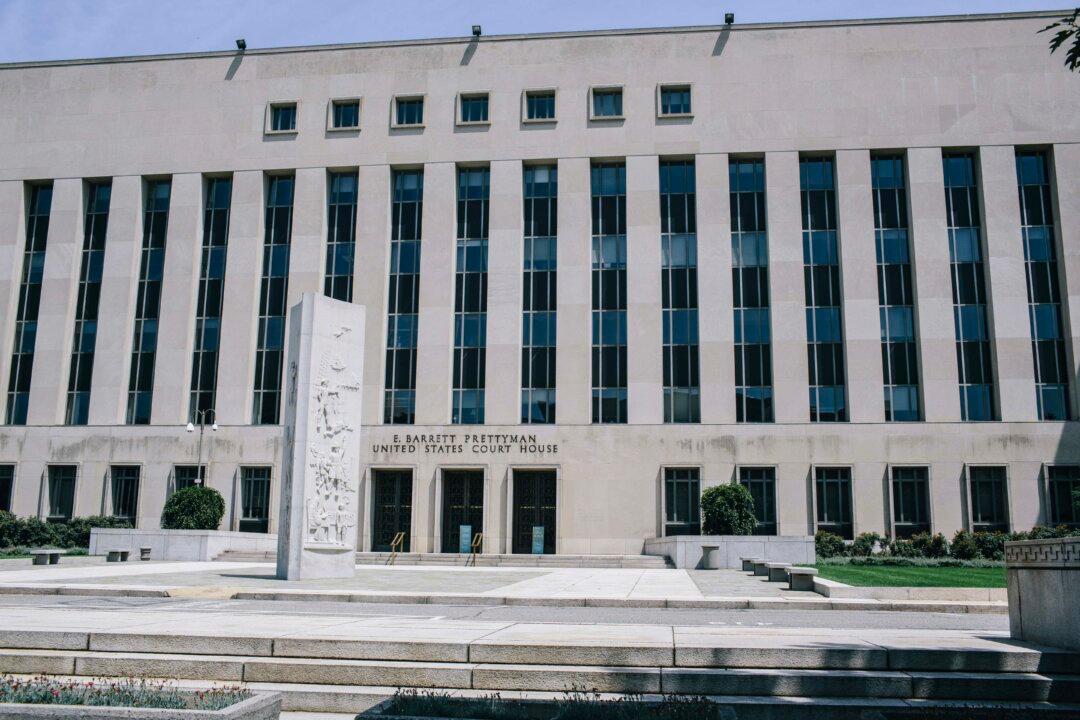United States District Judge Christopher “Casey” Cooper on April 26 granted five petitions seeking to intervene in former Clinton campaign attorney Michael Sussmann’s upcoming trial for allegedly making a false statement to the FBI.
Special Counsel John Durham, in April 6 court filings, sought to compel the Democratic National Committee (DNC), Hilary Clinton’s 2016 campaign, Fusion GPS, the Perkins Coie law firm, and former Neustar senior vice president Rodney Joffe to provide documents and communications they’ve refused to hand over, claiming attorney-client privilege.





